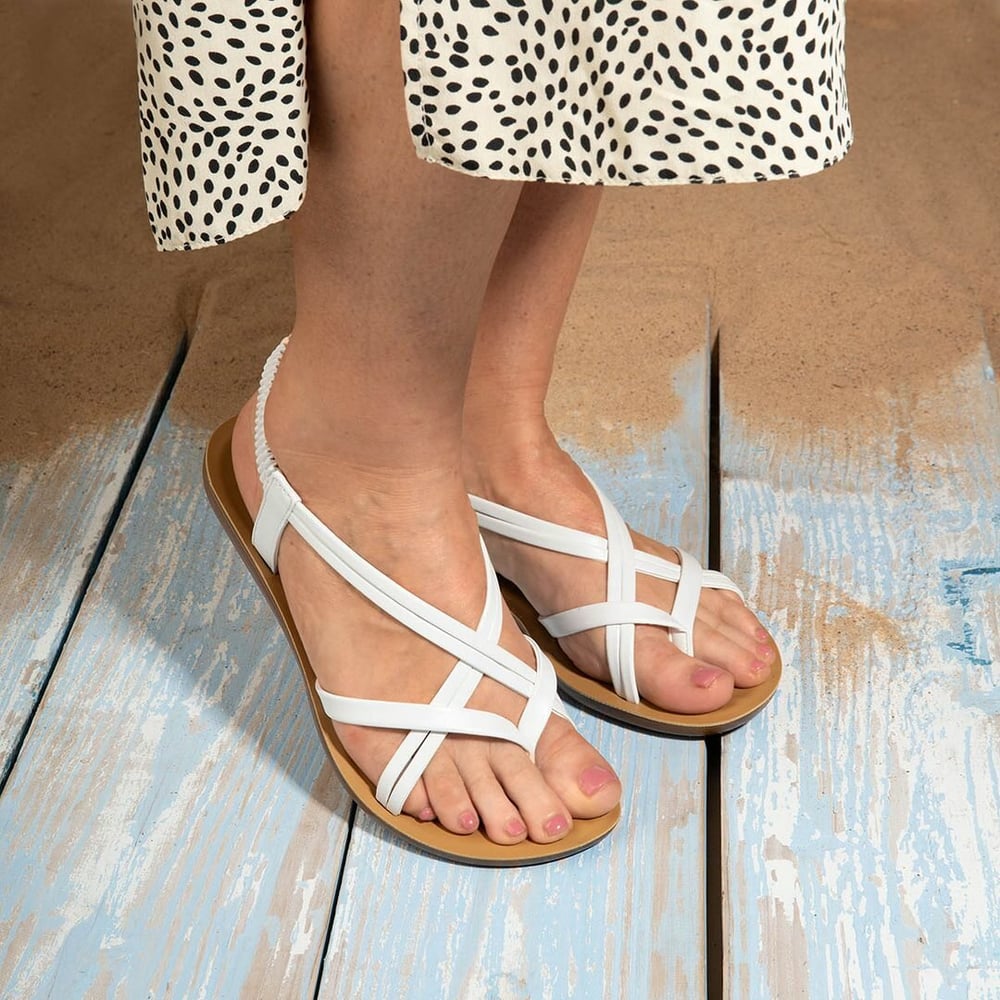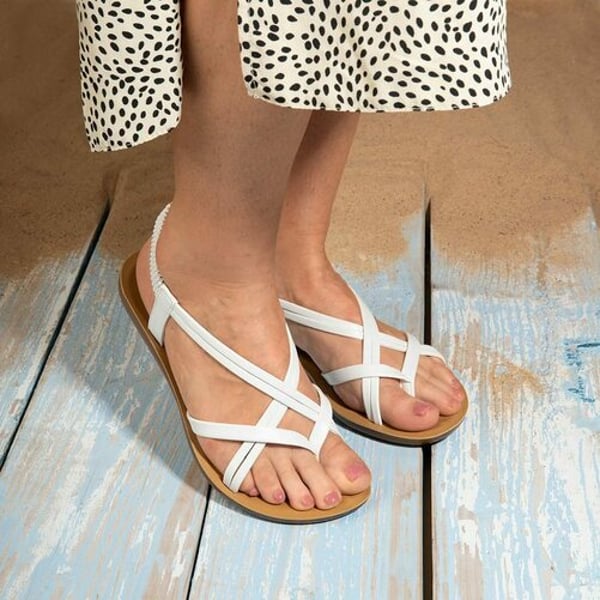Published
August 13, 2025
In the middle of an ongoing cost-of-living crisis combined a heatwave, you’d expect people to be buying plenty of budget products and definitely things like summer sandals and sports shoes, right?

Well, perhaps not. Value-focused footwear and accessories retailer Shoe Zone released a profit warning on 13 August saying that for the months of June and July, “it experienced challenging trading conditions, principally a further weakening in consumer confidence, which has continued following on from the Government’s October 2024 Budget announcement”.
This has resulted in it seeing “less discretionary spend, with the continued impact of inflation, interest rates and higher savings rates, all of which have decreased footfall, with a resultant reduction in revenue and profit”.
So how much of a hit does the retailer expect to take? Quite a big one, apparently. In fact, it now expects adjusted profit before tax for the financial year ended 27 September to be approximately £2.5 million, which is half of the previous prediction of £5 million.
In addition, “and in light of the above, the company is withdrawing its current dividend policy”.
That’s bad news coming in the same week as relatively upbeat reports about UK retail sales were released in several regular monthly reports and suggests that even when things are going well for some retailers, many continue to struggle.
And the low-priced businesses that in previous downturns have benefited from consumers trading down don’t appear to be seeing any benefit this time. That’s been clear all year from the problems that Poundland has been seeing and that resulted in its sale and the closure of a number of stores, As well as the problems at River Island.
Back with Shoe Zone, it added that management remains “confident with the underlying strategy, with the 200th new-format store opening this month”. The company remains debt-free and “confident in our cash management, with cash levels currently higher than the same period last year”.
Could it be that the 200th new-format store opening is part of the problem? While the company’s refreshed-format stores perform better than older stores, maintaining a massive physical store estate in the UK at present is tough. The aforementioned Poundland and River Island have both cited that issue and their store closure plans underline that.
Yet it’s difficult to say know what it can do. In autumn last year, its results report said falling sales were due to the “unseasonal weather in the second half of the year, particularly peak summer, as well as trading out of 26 fewer stores”.
Clearly the retailer has been struggling for some time in good weather and bad and with fewer stores as well as with new openings. It may simply be that a sustained upturn in the UK economy and low-income families feeling happier about spending is what’s needed. But neither of those things look likely any time soon.
Copyright © 2025 FashionNetwork.com All rights reserved.








